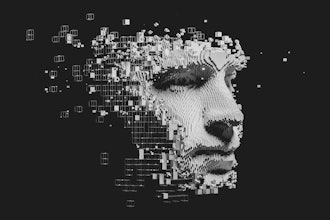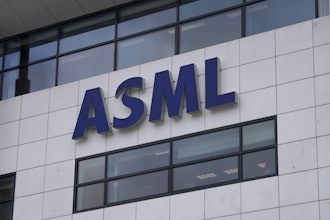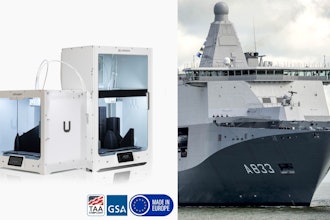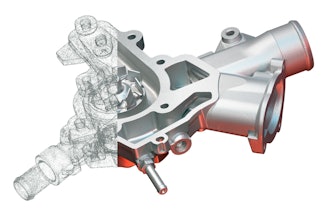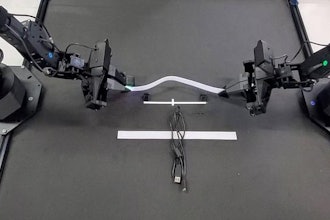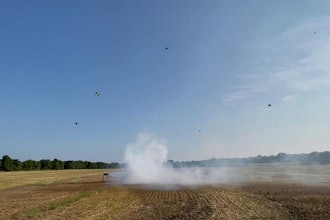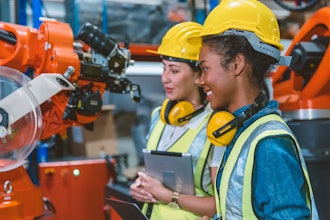
Boston Dynamics and Toyota Research Institute (TRI) announced today they will join forces, combining two of the world's leaders in artificial intelligence and robotics. The research partnership aims to accelerate the development of general-purpose humanoid robots utilizing TRI's Large Behavior Models and Boston Dynamics' Atlas robot.
Boston Dynamics has a longstanding reputation for creating groundbreaking advances in humanoids, from extreme mobility to bimanual manipulation. The latest generation of Atlas is the result of years of hardware/software co-design aimed at building the most capable humanoid platform, both in terms of physical capability and software interfaces for authoring whole-body behaviors. This makes it an ideal platform for advancing the science of AI-based manipulation skills.
Concurrently, TRI is widely recognized as a world leader in the rapid advancement of Large Behavior Models (LBMs) for robotics. This includes groundbreaking work on diffusion policy, which pioneered the successful application of generative AI to advance dexterous manipulation capabilities in robotics. TRI has also played a leading role in the development of open-source robot AI models and datasets. Leveraging additional strength in computer vision and large-language model training, TRI's work on LBMs aims to achieve multi-task, vision-and-language-conditioned foundation models for dexterous manipulation.
Scott Kuindersma, senior director of Robotics Research at Boston Dynamics, and Russ Tedrake, vice president of Robotics Research at Toyota Research Institute, will co-lead the Boston-based research partnership.
The project is designed to leverage the strengths and expertise of each partner equally. The physical capabilities of the new electric Atlas robot, coupled with the ability to programmatically command and teleoperate a broad range of whole-body bimanual manipulation behaviors, will allow research teams to deploy the robot across a range of tasks and collect data on its performance. This data will, in turn, be used to support the training of advanced LBMs, utilizing rigorous hardware and simulation evaluation to demonstrate that large, pre-trained models can enable the rapid acquisition of new robust, dexterous, whole-body skills.
The joint team will also conduct research to answer fundamental training questions for humanoid robots, the ability of research models to leverage whole-body sensing, and understanding human-robot interaction and safety/assurance cases to support these new capabilities.














